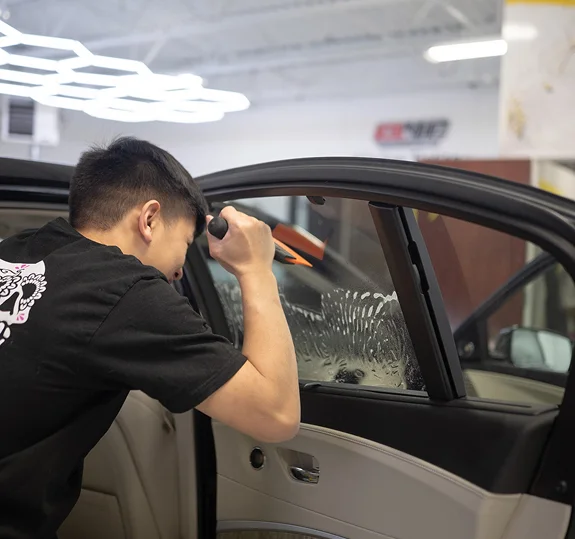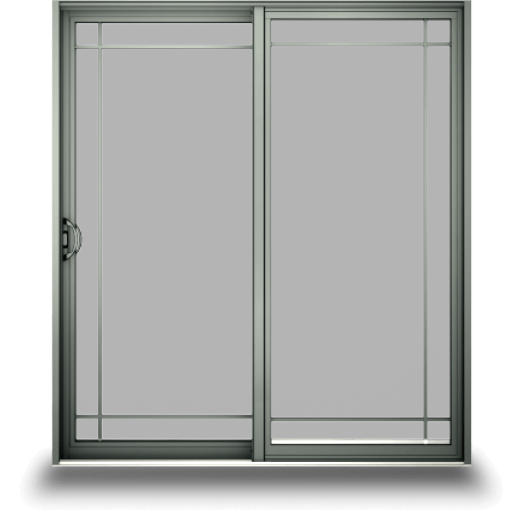Minnesota’s Window Film, Tint & Surface Protection Experts
From vehicles to buildings, we install high-performance window film and custom graphics that enhance comfort, reduce glare, and elevate appearance. Serving homes, businesses, and drivers across Minnesota and western Wisconsin with precision, reliability, and care.


Where Automotive & Architectural Film Redefines Possibility
Since 1978 our family-led team has reimagined what window film can do for cars, homes, and businesses. With multiple Twin Cities locations, CNC-cut precision, and prompt, courteous installers, we deliver automotive tint, paint protection film, vinyl wraps, and energy-saving flat-glass solutions that beat heat, glare, and rock chips. From the first call to final inspection, we make upgrading surfaces simple, professional, and worry-free.
Comprehensive Services At Sun Control
Elevate Your Experience with Sun Control
Expertise and Experience
Decades of installations backed by ongoing training and industry-leading technical standards everywhere.
Tailored Solutions
We listen, measure, and recommend film packages customized to your needs precisely.

Commitment to Quality
Premium films, precision plotters, white-glove service—quality drives every stage we touch daily.
Collaborate with Clarity
Clear proposals, transparent timelines, and proactive updates keep you informed start-to-finish always.
Real Reviews From Real People
Get a Quote Today!
Ready to block heat, stop chips, and showcase your style? Get a fast, no-obligation quote today and discover how our films protect investments, enhance comfort, and transform everything from daily drivers to downtown storefronts across the upper Midwest.
- Instant pricing, zero-pressure consults available
- Certified installers, warranty-backed workmanship always
- Serving Minnesota and Western Wisconsin
Proudly Serving These Locations
St. Paul's #1 for Flat Glass, PPF, Auto Tint & Graphics
Sun Control of Minnesota
Phone
Saturday - Sunday: Closed
Opening Hours















